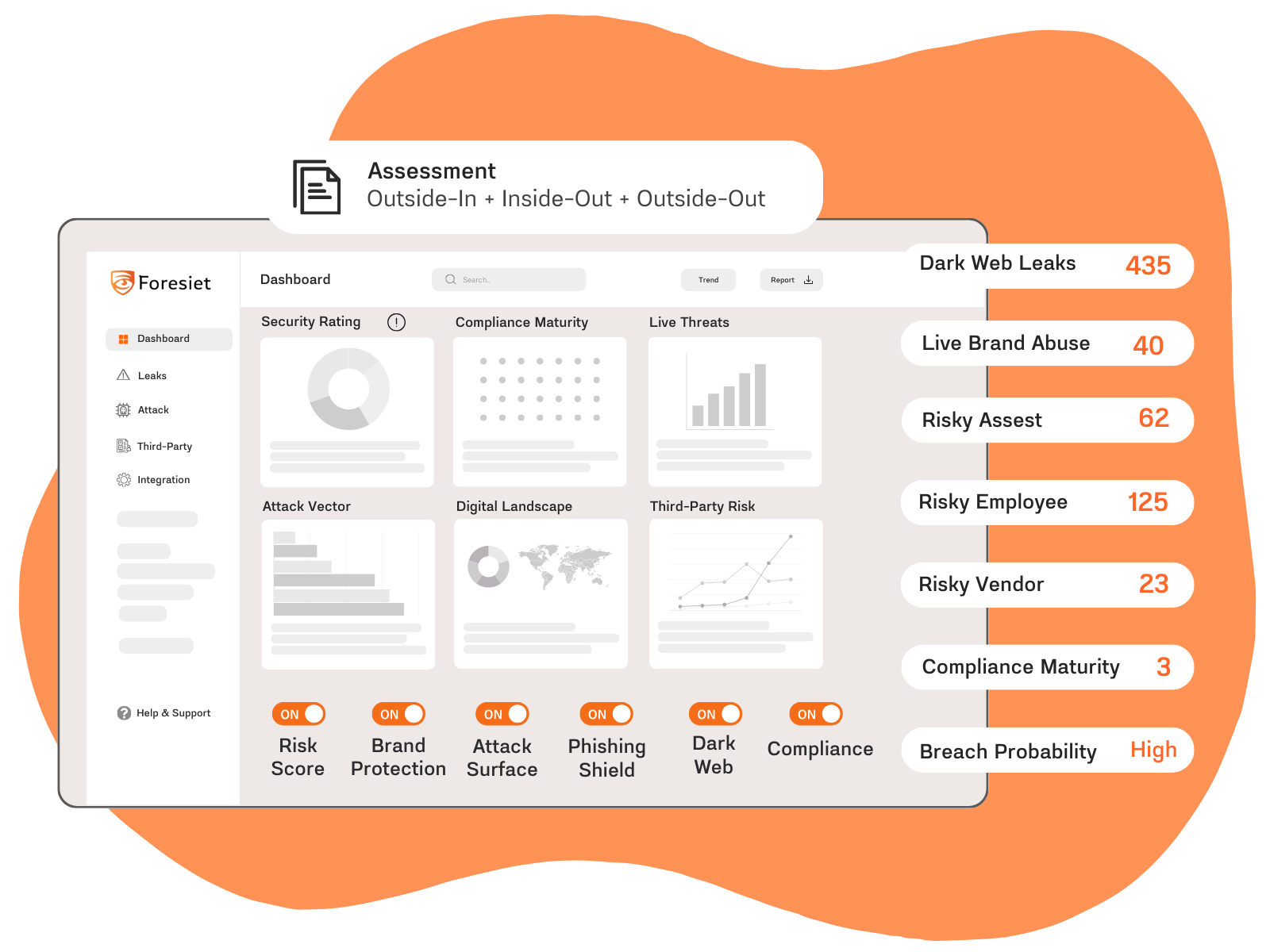Massive AI Call Center Data Breach: 10 million Conversations Leaked, Heightening Fraud Risks

Introduction
In a significant breach, over 10 million customer conversations from an AI-powered call center platform in the Middle East have been exposed. This incident has raised alarm bells regarding the security vulnerabilities of AI platforms widely used in sectors such as fintech and e-commerce. As AI platforms become integral to business operations, the risks of compromised data tracking and brand impersonation have also escalated. The breach underscores the need for robust online risk evaluation and advanced security measures to protect sensitive customer information.
AI Call Center Breach: What Happened?
According to cybersecurity experts at Resecurity, the breach occurred when attackers gained unauthorized access to the call center platform’s management dashboard. This access allowed them to collect data from over 10.2 million interactions between customers, operators, and AI agents.
AI call center platforms, designed to streamline communication and automate customer service, handle vast volumes of interactions daily. While they provide efficiency and personalized service, the breach highlights the security risks posed by storing such large amounts of personally identifiable information (PII). In this case, sensitive information like national ID documents was compromised, opening the door to further exploitation.
Key Risks and Implications
This breach is a reminder of the growing vulnerabilities associated with AI-powered platforms, especially those that handle sensitive data. Here are some of the key risks tied to this particular incident:
- Data Exfiltration: Attackers could mine sensitive information, including PII, for malicious purposes such as phishing and social engineering attacks. Stolen credentials detection tools and digital threat scoring would be critical in preventing such attacks.
- Trust Exploitation: With access to customer interactions, bad actors could hijack ongoing conversations, mimicking legitimate customer service agents to trick users into disclosing payment details or other sensitive information. This could lead to brand impersonation and loss of trust among customers.
- Session Hijacking: By intercepting AI-assisted conversations between users and human operators, attackers could further exploit the communication sessions to gain unauthorized access or manipulate outcomes. This underscores the importance of implementing real-time darknet monitoring services to prevent such risks.
Growing Security Concerns Around AI Platforms
The breach not only exposes millions of interactions but also highlights a broader concern: the security of AI-powered customer service platforms. These systems have become essential in industries such as finance, retail, and government agencies, but they also present significant vulnerabilities if not properly secured.
AI platforms handle massive amounts of sensitive data, which if compromised, could have far-reaching consequences. Digital footprint analysis and compromised data tracking are vital for ensuring the protection of user information in such environments. Moreover, this incident emphasizes the need for enhanced brand protection and impersonation defense to safeguard customer trust in the wake of a data breach.
Mitigation and Next Steps
Resecurity, the firm that identified the breach, has already taken steps to mitigate the damage by alerting affected parties and law enforcement. However, the incident serves as a wake-up call for companies that rely on third-party AI systems to handle sensitive customer data. Traditional cybersecurity measures, while crucial, must be combined with more specialized strategies tailored to the unique risks posed by AI platforms.
Enterprises must balance standard SaaS security protocols with more advanced defenses, such as dark web surveillance and stolen credentials detection, to prevent future incidents. This is especially important given the increasing reliance on AI technologies across industries.
Conclusion
The recent breach of an AI call center platform, exposing over 10 million customer interactions, highlights the evolving security challenges posed by AI-powered systems. As businesses continue to integrate these platforms to improve customer service and operational efficiency, the importance of rigorous online risk evaluation and AI-specific security strategies cannot be overstated.
Protecting sensitive customer data requires a combination of traditional cybersecurity measures and advanced techniques like digital threat scoring and brand impersonation defense. With the rise of AI in critical industries, ensuring the safety of AI platforms is crucial to maintaining trust and preventing future breaches.
About Foresiet!
Foresiet is the pioneering force in digital security solutions, offering the first integrated Digital Risk Protection SaaS platform. With 24x7x365 dark web monitoring and proactive threat intelligence, Foresiet safeguards against data breaches and intellectual property theft. Our robust suite includes brand protection, takedown services, and supply chain assessment, enhancing your organization's defense mechanisms. Attack surface management is a key component of our approach, ensuring comprehensive protection across all vulnerable points. Compliance is assured through adherence to ISO27001, NIST, GDPR, PCI, SOX, HIPAA, SAMA, CITC, and Third Party regulations. Additionally, our advanced antiphishing shield provides unparalleled protection against malicious emails. Trust Foresiet to empower your organization to navigate the digital landscape securely and confidently.
Protect your brand, reputation, data, and systems with Foresiet's Integrated Digital Risk Platform. 24/7/365 threat monitoring for total peace of mind.


July 1, 2025, 7:17 p.m.

July 1, 2025, 7:07 p.m.